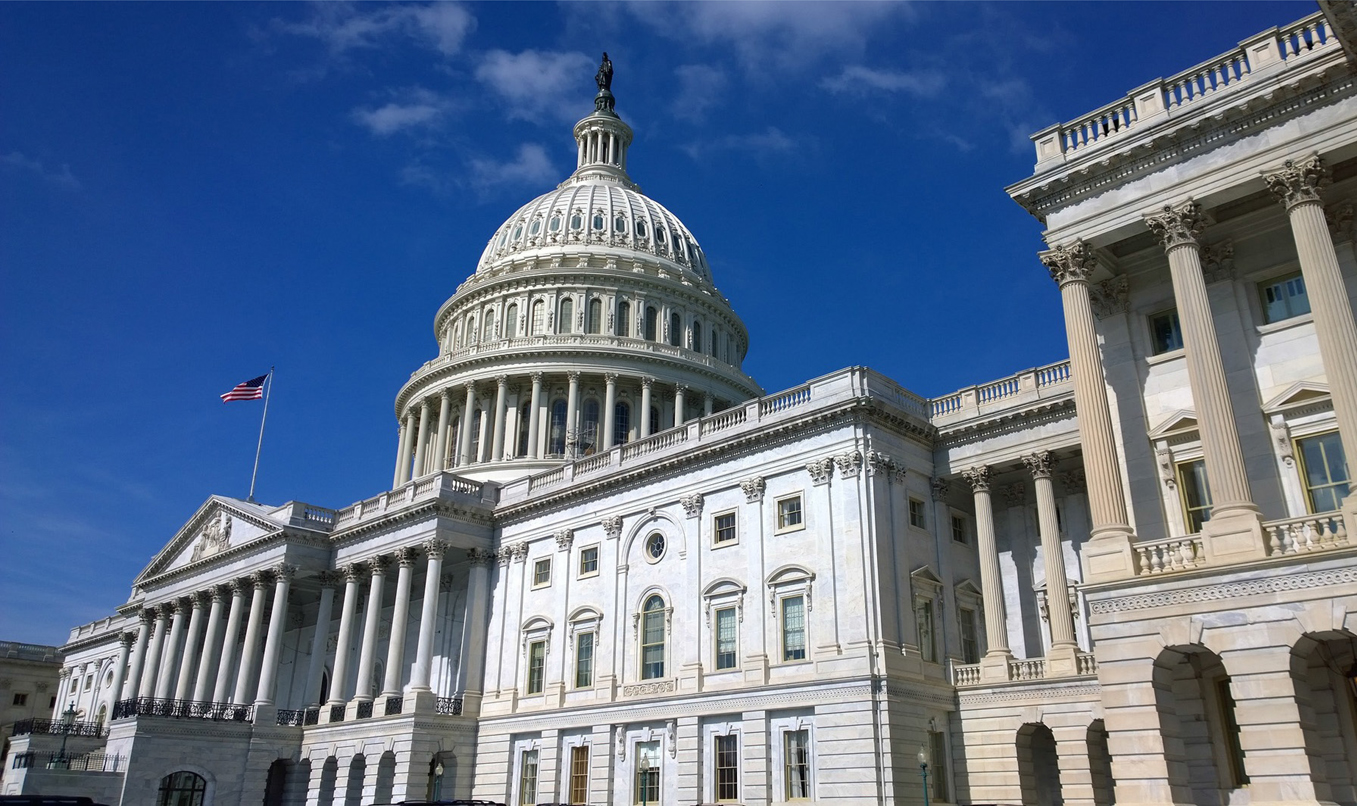On September 28, President Donald Trump signed into law a FY19 appropriations package that included funding for international education programs at the Department of Education. Although the administration had requested that Congress eliminate funding for the two programs, Title VI and Fulbright-Hays received flat funding from FY18, at $65.1 million and $7.1 million respectively. Congress also met its October 1 deadline for a “minibus” appropriations bill allocating FY19 funding for the Legislative Branch, Energy and Water Development, Military Construction, and Veterans Affairs. Congress included a continuing resolution in its second appropriations package, H.R. 6157, to keep the government open past the November 2018 elections, until December 7. The continuing resolution extends FY18 levels for the National Science Foundation (NSF) and the National Endowment for the Humanities (NEH). As of October 2018, neither the House nor Senate have taken up appropriations bills outside of committee for the NSF.
Both chambers proposed $2 million increases for the National Endowment for the Humanities, to bring the NEH’s budget to $155 million. Representative Glenn Grothman (R-WI) offered an amendment on the House floor to cut the NEH and National Endowment for the Arts’ budgets by 15%, equal to $23 million. The amendment was defeated 297 to 112. The Senate has not taken up the appropriations for the NEH outside of committee.
This summer, the NSF announced the appointment of Dr. Arthur Lupia as the assistant director of the agency’s Directorate for the Social, Behavioral, and Economic Sciences (SBE). Dr. Lupia has a long history of service to APSA and the discipline, including service as a chair of the Task Force on Public Engagement, APSA Treasurer, and APSA Council member.
APSA joined the Consortium of Social Sciences and 14 disciplinary associations to endorse H.R. 7031, the Combatting Sexual Harassment in Science Act of 2018. If enacted, the bill would support further research on sexual harassment in academia and the scientific workforce. The bill builds on the NSF’s new sexual harassment reporting requirements, which took effect on October 21 and apply to all new and extended grants. The NSF’s final policy requires awardee institutions to report “[a]ny findings or determinations that an NSF-funded principal investigator or coprincipal investigator committed harassment, including sexual harassment or sexual assault.” The policy also requires institutions to alert the agency if a principal or coprincipal investigator is placed on administration leave or is subject to any administrative action related to harassment or sexual assault.

For up-to-date information about the status of federal funding for political science research and education, opportunities for members to participate in advocacy efforts, and responses to proposed budgets and legislation, visit www.apsanet.org/advocacy.


